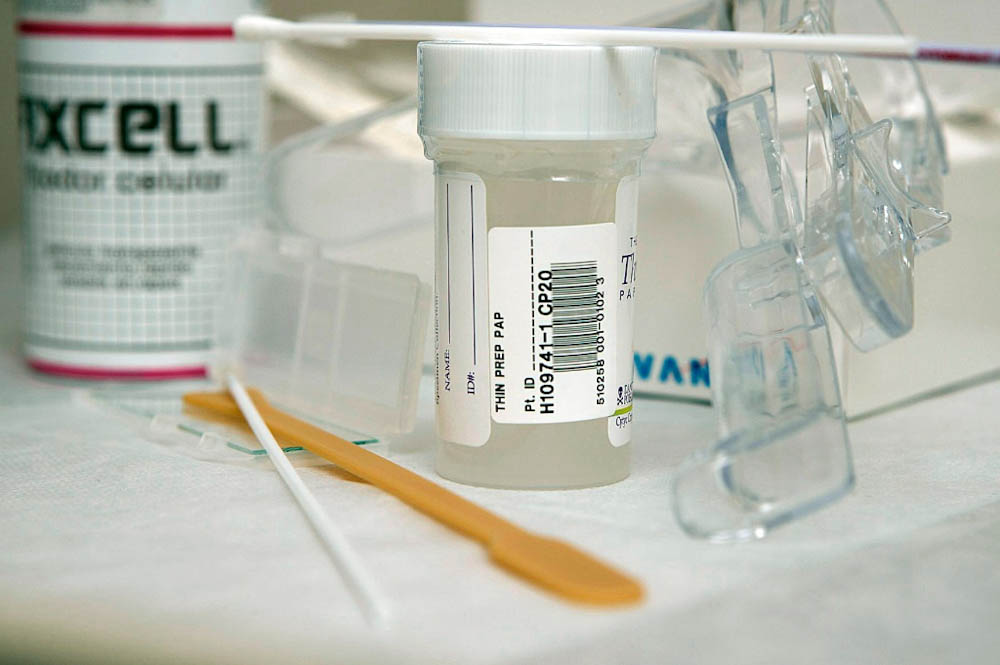
If you’re a woman age 21 to 65, you probably know that getting a Pap test is a part of routine health screenings. The test, usually taken every three years, is used to detect changes in the cells of the cervix that could lead to cervical cancer. But what does it mean when a Pap test returns results that aren’t normal?
Ideally, you’ll want your Pap test result to come back to your doctor as ”normal” (meaning that there were no cell changes on your cervix). But sometimes you may get a result that is either “unclear” or “abnormal.”
“Getting an unclear or abnormal result does not mean you should automatically start worrying about cancer,” says Alexi Wright, MD, MPH, medical oncologist in the Susan F. Smith Center for Women’s Cancers at Dana-Farber. “It simply means that your doctor will want to examine your results more closely and decide on the best next steps for your situation. For example, your doctor may recommend that you have a biopsy of cervical tissue and send the sample to a laboratory that checks for signs of cancer.”
Most abnormal Pap tests are caused by human papillomavirus (HPV), which can cause abnormal tissue growth and other changes to cells. There are many different strains of HPV. Often, HPV infections won’t cause any signs or symptoms at all. But some strains of HPV are called “high risk,” because they can cause genital warts and several forms of cancer, including cervical cancer and oropharyngeal cancer.
When Should I Start Screening?
- Most healthy women should get a Pap test, also called a Pap smear, starting at age 21 and then get retested for it every three years until age 65. Talk with your doctor to learn what timing and frequency is best for you.
“If you have an abnormal result, your doctor can order a laboratory test to check for specific HPV strains,” Wright says. “Along with your Pap smear, this test can help guide you and your doctor in the best next steps. It’s important, because this can a strong first step in halting the possible development of cervical cancer.”
For more information on cervical cancer, visit the website for the Susan F. Smith Center for Women’s Cancers at Dana-Farber, or watch this video with Dana-Farber’s Ursula Matulonis, MD:
